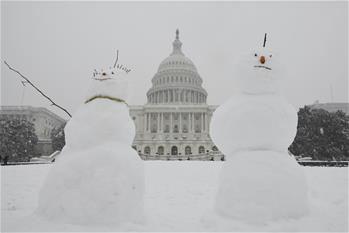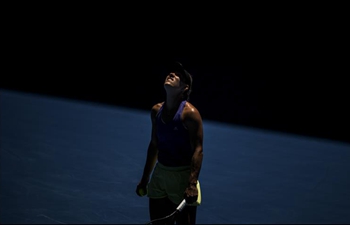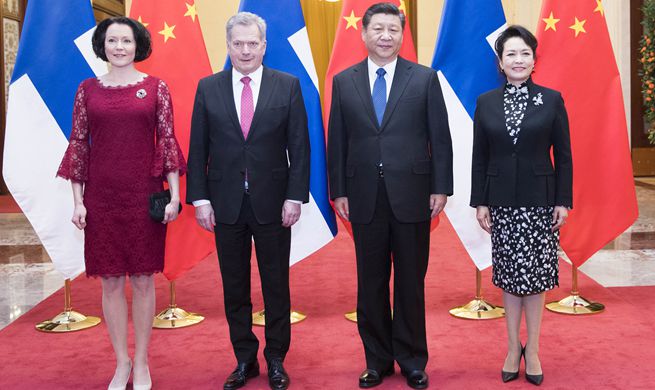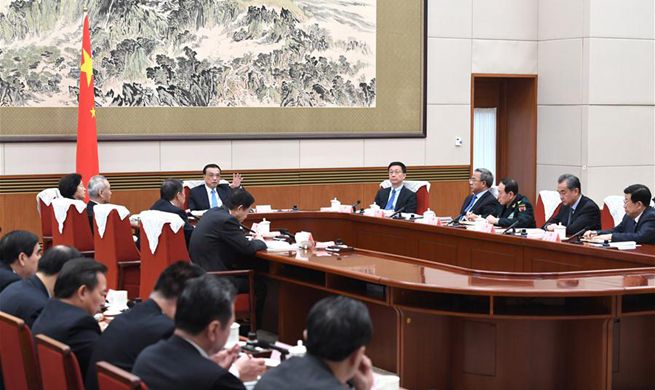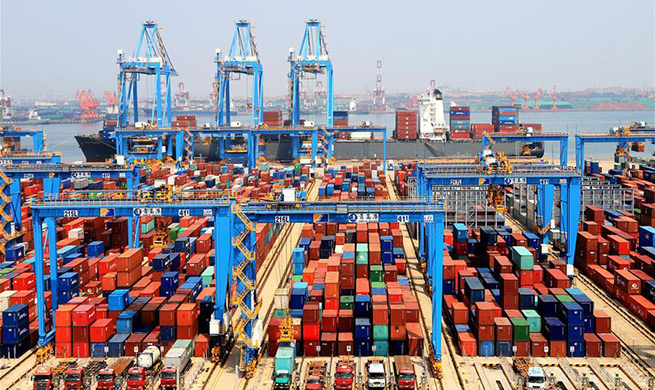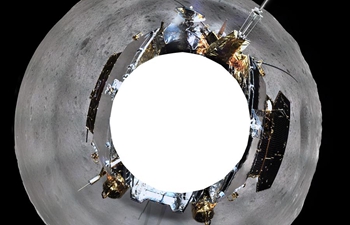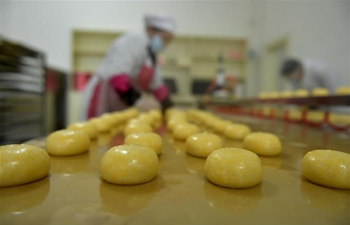LJUBLJANA, Jan. 14 (Xinhua) -- Slovenia has put into public debate changes to the decree on self-supply of electricity from renewables which would enable communities in multi-household residential buildings to establish a joint solar power plant, Slovenian Press Agency STA reported on Monday.
Under the proposal, self-supply of electricity from renewables would no longer be flown only to owners of single-apartment buildings or business buildings, but also to various types of communities, according to the Ministry of Infrastructure.
These include residents of multi-household residential buildings or residents in households standing close to each other, the STA reported in details.
A solar power plant could be set up on the roof of an adjacent building, for example a kindergarten or a fire station, and the power it produces would be considered as produced by the community which had set it up.
They would make an agreement in advance what share of energy produced would belong to each member of the community, the ministry added.
The possibility of extended self-supply of electricity would have a positive impact on the economy, as it would facilitate the development of the solar energy industry, as well as reduce the burden on the electricity network.
The solution also enables Slovenia to come closer to the objective of reaching a one quarter share of renewable energy in the gross final consumption of energy by 2020, the ministry said.
The proposal has been welcomed by the environmental NGOs Focus and Greenpeace Slovenija and the Association of Slovenian Municipalities.
The idea was announced by Infrastructure Minister Alenka Bratusek as she presented her bid to the relevant committee in September. She promoted the option of energy cooperatives for multi-household residential buildings, saying that "this is absolutely necessary and right."



